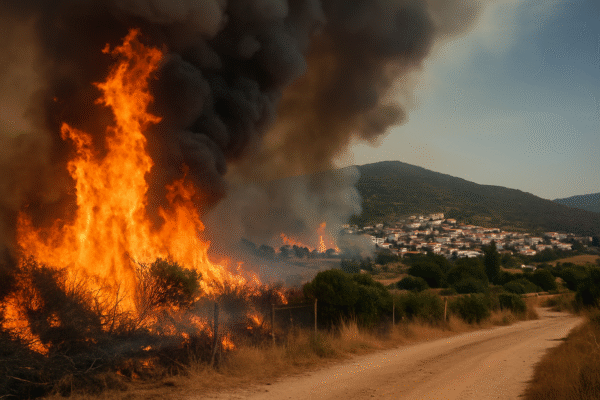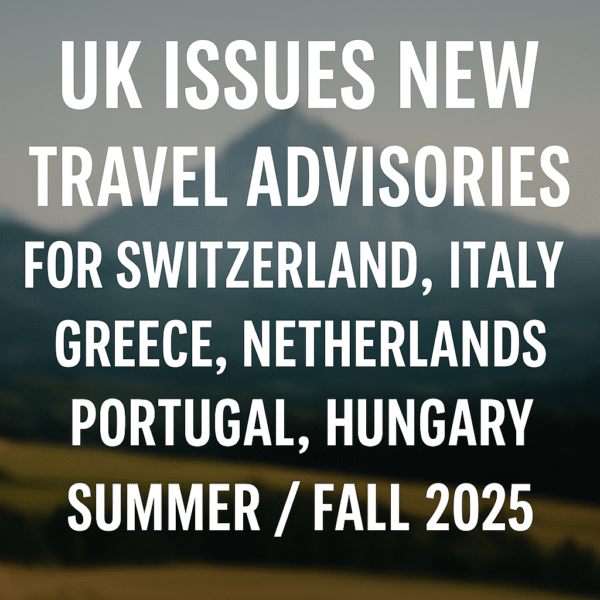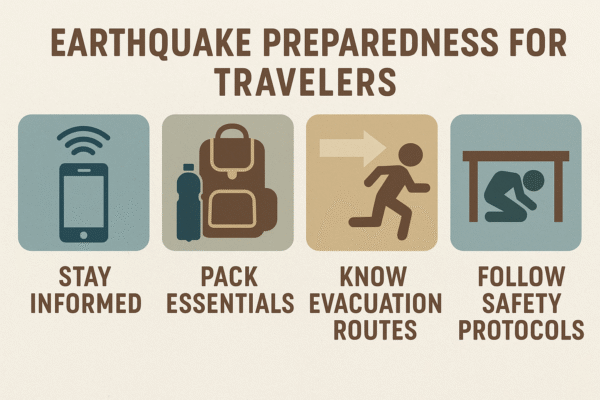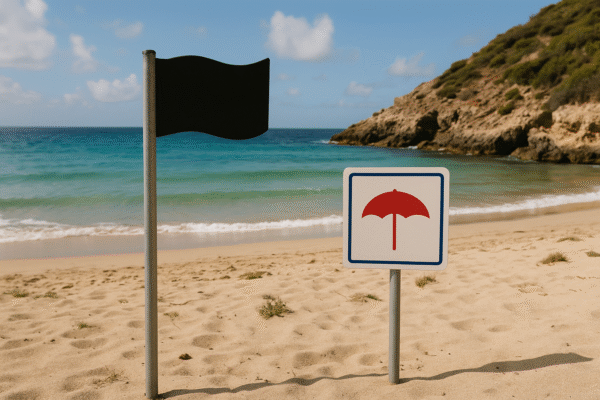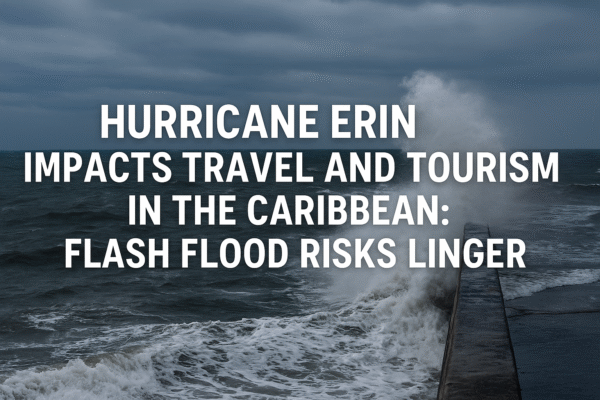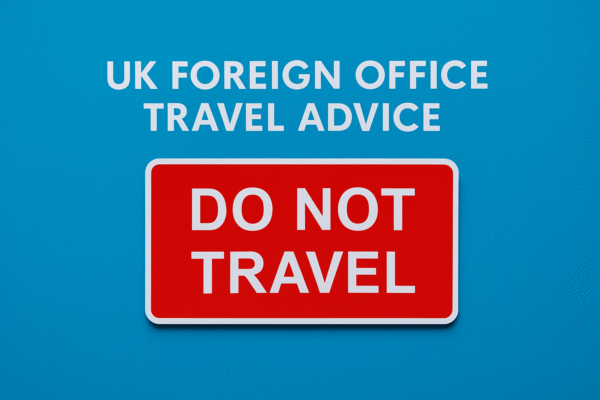As the peak holiday season approaches, the UK Foreign, Commonwealth and Development Office (FCDO) has updated its official travel guidance, listing 72 countries and territories under its “Do Not Travel” or “Essential Travel Only” advisories. This move is driven by escalating concerns around security threats, health emergencies, and significant legal risks affecting British nationals abroad.
The advisory serves as a crucial reminder for holidaymakers to reassess their international travel plans, particularly as regions around the world face geopolitical instability, infectious disease outbreaks, and unpredictable natural disasters.
What the ‘Do Not Travel’ Advisory Means for UK Travelers
The FCDO’s designation of “do not travel” is not legally binding but reflects serious threats to personal safety. Traveling against FCDO advice can impact travel insurance coverage and access to consular support in emergencies.
Common reasons for inclusion on the list include:
- Armed conflicts and civil unrest (e.g., Syria, Yemen, Sudan)
- Terrorist activity and kidnapping threats (e.g., Somalia, Afghanistan)
- Disease outbreaks like dengue, malaria, or Ebola (e.g., parts of Sub-Saharan Africa)
- Poor legal protections and imprisonment risks for UK citizens (e.g., Venezuela, Myanmar)
- Inadequate medical infrastructure (e.g., Central African Republic)
FCDO Advice: Essential vs. Non-Essential Travel
The FCDO categorizes its warnings into two major advisories:
- Do Not Travel: Advises against all travel due to extreme risk.
- Essential Travel Only: Recommends travel only under necessary circumstances, such as humanitarian missions or family emergencies.
British nationals planning to travel to countries on either list are urged to:
- Check local laws and customs.
- Confirm that travel insurance covers high-risk zones.
- Have contingency plans in case of emergency evacuations.
- Register with the nearest British embassy.
Examples of Countries on the ‘Do Not Travel’ List
According to the August 2025 update, high-risk countries include:
- Afghanistan: Ongoing conflict and terrorism threats.
- Syria: Civil war, foreign hostage risk, and unstable infrastructure.
- Yemen: Airstrikes, military conflict, and poor humanitarian access.
- Mali: Frequent terrorist attacks and political instability.
- Sudan: Widespread violence and collapsed governance systems.
- Myanmar (Burma): Military coup aftermath, protests, and suppression of dissent.
- Venezuela: Political crisis, crime, and lack of medical supplies.
- Somalia: Piracy, bombings, and terrorist insurgencies.
- Central African Republic: Ethnic clashes and limited consular services.
Post-Pandemic Challenges & Entry Requirements
Travel today involves more than just packing bags and booking flights. Entry requirements across many countries have shifted post-pandemic, with frequent updates to vaccination policies, quarantine mandates, and testing rules.
Travelers are advised to:
- Review each destination’s health and safety protocols.
- Carry proof of vaccination and emergency contact details.
- Download local COVID-19 alert apps if required.
- Register with the NHS Travel Abroad service when traveling to high-risk areas.
Economic Impact on Global Travel and Tourism
The FCDO’s list has major implications for tourism-dependent economies. Countries previously relying on UK tourism, such as Egypt, Tunisia, and certain Caribbean islands, have seen a decline in bookings when listed.
Travel agents and tour operators are adjusting itineraries to focus on safer alternatives, including:
- Europe: France, Italy, Spain, and Portugal remain highly popular and safe.
- Asia-Pacific: Japan, South Korea, and Singapore are praised for strong safety and healthcare infrastructure.
- Latin America: Costa Rica and Chile continue to offer adventure and ecotourism with robust safety practices.
For UK tourists, this presents an opportunity to explore less risky but equally rewarding destinations without compromising on culture or experience.
Safety-First Travel Planning: What You Can Do
If you’re planning a trip abroad, here are key steps recommended by the UK Foreign Office:
- Use the FCDO Travel Checklist to prepare and mitigate risks.
- Sign up for Travel Alerts for your chosen destination.
- Keep Emergency Contacts saved on your phone and offline.
- Review Travel Insurance Policies thoroughly to ensure adequate coverage for delays, medical issues, or cancellations.
Final Thoughts: Prioritizing Traveler Safety in 2025
In light of growing global uncertainty, the FCDO’s advisory serves as a critical reminder: Informed travel is safe travel. While it’s tempting to chase exotic or off-grid destinations, safety and preparation must come first.
For adventurous UK travelers, alternatives abound—offering beautiful experiences in places where the risks are lower, the healthcare system is reliable, and emergency services are accessible.
For more travel news like this, keep reading Global Travel Wire





